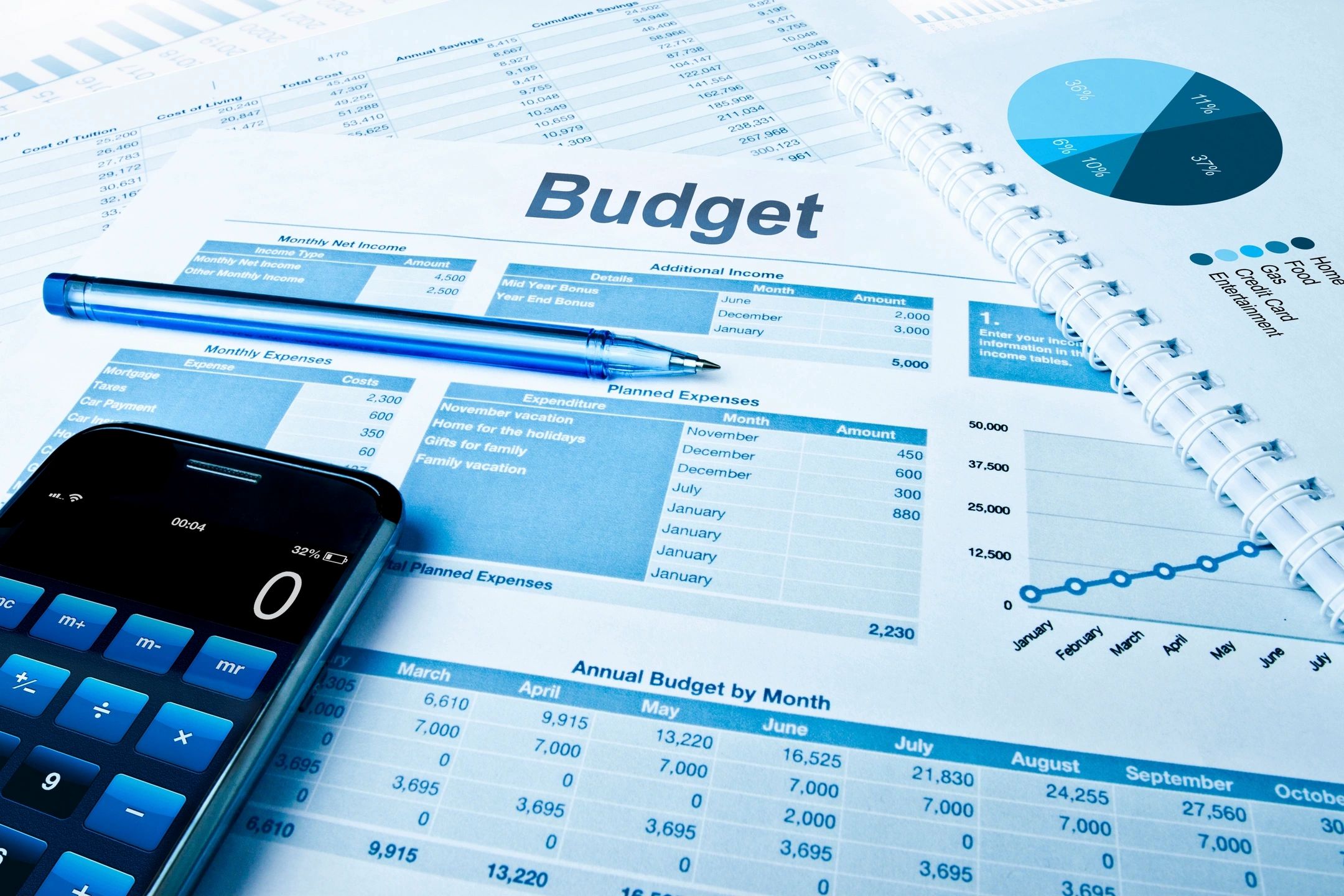Taking a Mid-Year Financial Snapshot
We can agree that 2020 has been a difficult year financially for millions of Canadians. When the state of emergency started, many of you were likely starting projects that have since been postponed or cancelled. Now four months later, the good news is that many jurisdictions are heading into Phase 3 and projects are reviewing their back-to-work processes. So regardless of whether you’ll be back to work in the next few weeks, or still receiving the CERB/EI, this is a good time to review your financial situation for the remainder of the year:
Time to make a house-hold budget
If you ask most people, they’ll admit to being budget-avoiders. Two common reasons for not making a budget is that they’re hard to create and harder to follow. While it’s true that setting one up does take a bit of effort, you may find that it’s worth it in the long run. Here’s how to get started:
Keep it simple: Your budget should be straightforward and flexible so you can easily adjust it if your income and/or expenses change.
Setting financial objectives: To ensure that you reach your goals and can stick to your plan, make your objectives be realistic, measurable and time-bound.
Be realistic and specific about spending: Make a list of your income sources and expenses like housing, groceries, utilities, transportation, investments, retirement savings, entertainment, clothing, and bills. Also consider adding a line for savings and debt repayments. Try to avoid guessing the right amounts for each budget line. Consider adding a line for emergencies and occasional expenses.
Take advantage of these CEIRP benefits:
Pay-yourself-first: Since your contributions are made automatically through payroll deductions, saving for your retirement is virtually painless.
Low investment fees: Thanks to the power of group buying (economies of scale), plan members enjoy lower investment management fees, which means more of your dollars are invested.
Become a super saver: If you’ve reached your RRSP limit, consider opening a Tax-Free Savings Account (TFSA for short). To learn more about this, contact your plan administrator.
Reconnect with your taxes:
Thanks to the tax deadline deferral, most Canadians have until September 1 to pay their taxes if they have an outstanding balance. The CRA website has more information about these deadlines. If you have to pay this year, take a look at how you can reduce your taxes next year. Have you taken advantage of all your credits, like: spousal RRSPs, child tax credits, charitable giving, medical expenses, education credits, and home-office expenses? To learn more about these and other tax-savings strategies, consult with a tax expert.






